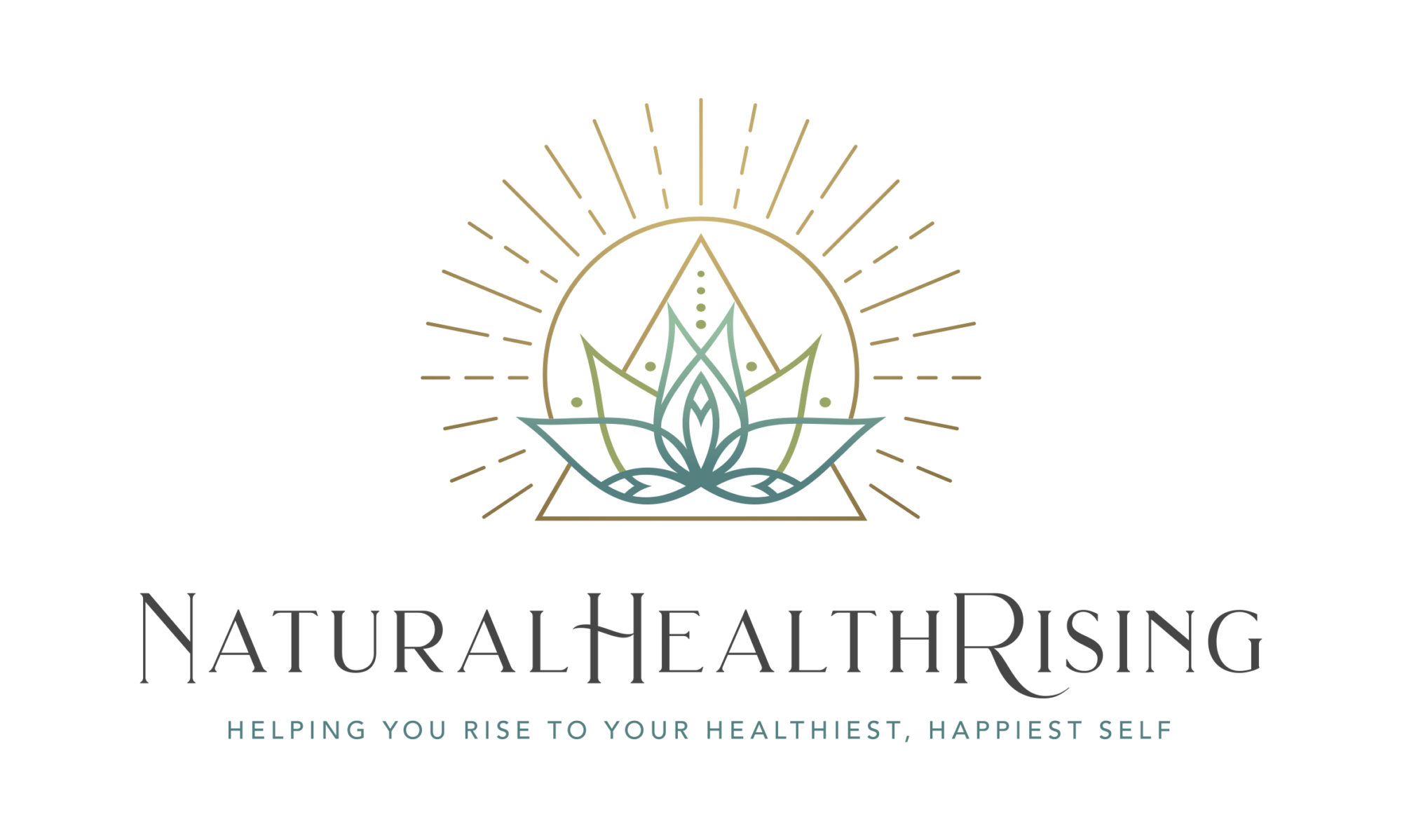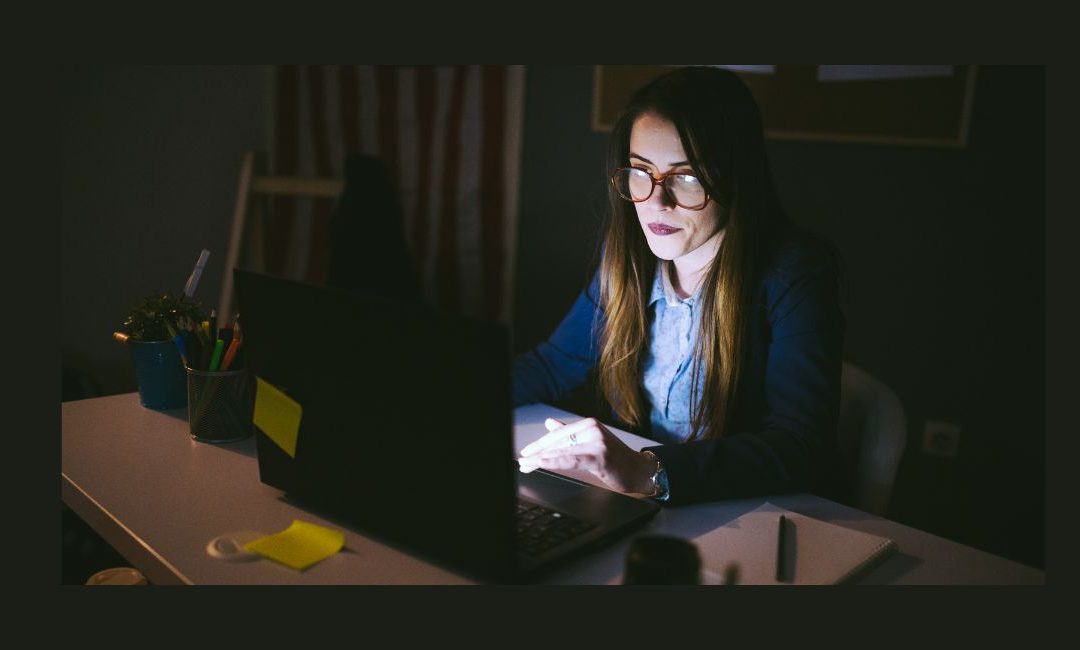Your body runs off of an internal clock called your circadian rhythm. This clock runs off of a 24-hour cycle that controls your sleep, hormone release, and other internal functions. However, this clock doesn’t stay on track by itself. The times of day you eat, how much light exposure you get daily, and what types of light exposure (most importantly blue light exposure) you get all influence your circadian rhythm.
When you wake up, you should go outside to be exposed to sunlight. This tells your body that it’s time to get up and produce cortisol and many other hormones. Sunlight has various wavelengths that contain blue light. This blue light from the sun makes you awake, alert, and promotes a good mood. Consequently, you ideally want to have some sun and light exposure in the morning and throughout the day so that your body can stay on track with its internal clock.
Blue Light Disrupts Your Sleep And Harms Your Health
Unfortunately, blue light constantly bombards us. Blue light streams out of our electronic devices and even our household lights. As the sun goes down, we are still exposed to massive amounts of blue light by these sources. For example, many people watch TV in the evening, work late hours on their computers, or spend their nights scrolling on their phones. So how does your body know it is nighttime? Well, that’s the issue. You are shifting your circadian rhythm when you are exposing yourself to these lights after sundown.
This light exposure actually suppresses melatonin production. Melatonin has many roles in the body. For instance, it prepares us for sleep by making us feel drowsy. Suppressing melatonin and therefore shifting our circadian rhythm can lead to cognitive impairment, metabolic syndrome, and mental health issues including depression. [1] Moreover, poor sleep causes increased appetite, weight gain, anxiety, decreased cognitive performance, and inflammation. Therefore, you need a full 7-8 hours of quality sleep to repair tissues, boost your immune system, and flush toxins from the body.
How to Block Blue Light and Improve Sleep
- Wear tinted glasses in the evening, especially 2 hours before bedtime. This can help you avoid circadian rhythm disruption and allow you to sleep better. Wearing amber-tinted glasses 2 hours before bed can help those who suffer from insomnia. To clarify, the glasses help increase total sleep time, increase sleep quality, and improve the soundness of sleep. [2] Several studies have been done which conclude that blue-light-blocking glasses are effective for improving sleep latency and quality. It’s best to use glasses that are amber or dark orange-red colored.
- Put orange-red tinted screens over your computer screen or using an app that automatically changes the screen color. Utilize a color-changing app for your phone as well. Keep in mind that most phones have a color-changing mode built-in nowadays.
- Use candles, Himalayan salt lamps, or red or orange bulbs in your home in the evening for light.
- Make sure your bedroom is dark when you are sleeping. Use black-out curtains and make sure there are no nightlights or other small lights on. Use a sleep mask if necessary.
Bottom Line
In conclusion, use the sun like you are supposed to. Get some sunlight exposure in the morning when you wake up, and get outside periodically throughout the day if possible.
Protect yourself from blue light in the evening, especially a couple of hours before bed.
Try amber-colored blue-light-blocking glasses, use orange-red colored lights in your home at night, and cover-up lights when you are sleeping.
Grab your RA blue-light-blocking glasses here and use discount count “naturalhealthrising” to save some cash!
Apply these tips and watch your sleep and health improve!
References
Jagannath A;Taylor L;Wakaf Z;Vasudevan SR;Foster RG; (n.d.). The genetics of circadian rhythms, sleep, and health. Human molecular genetics. https://pubmed.ncbi.nlm.nih.gov/28977444/ [1]
Shechter, A., Kim, E. W., St-Onge, M.-P., & Westwood, A. J. (2018, January). Blocking nocturnal blue light for insomnia: A randomized controlled trial. Journal of psychiatric research. https://www.ncbi.nlm.nih.gov/pmc/articles/PMC5703049/ [2]


Recent Comments